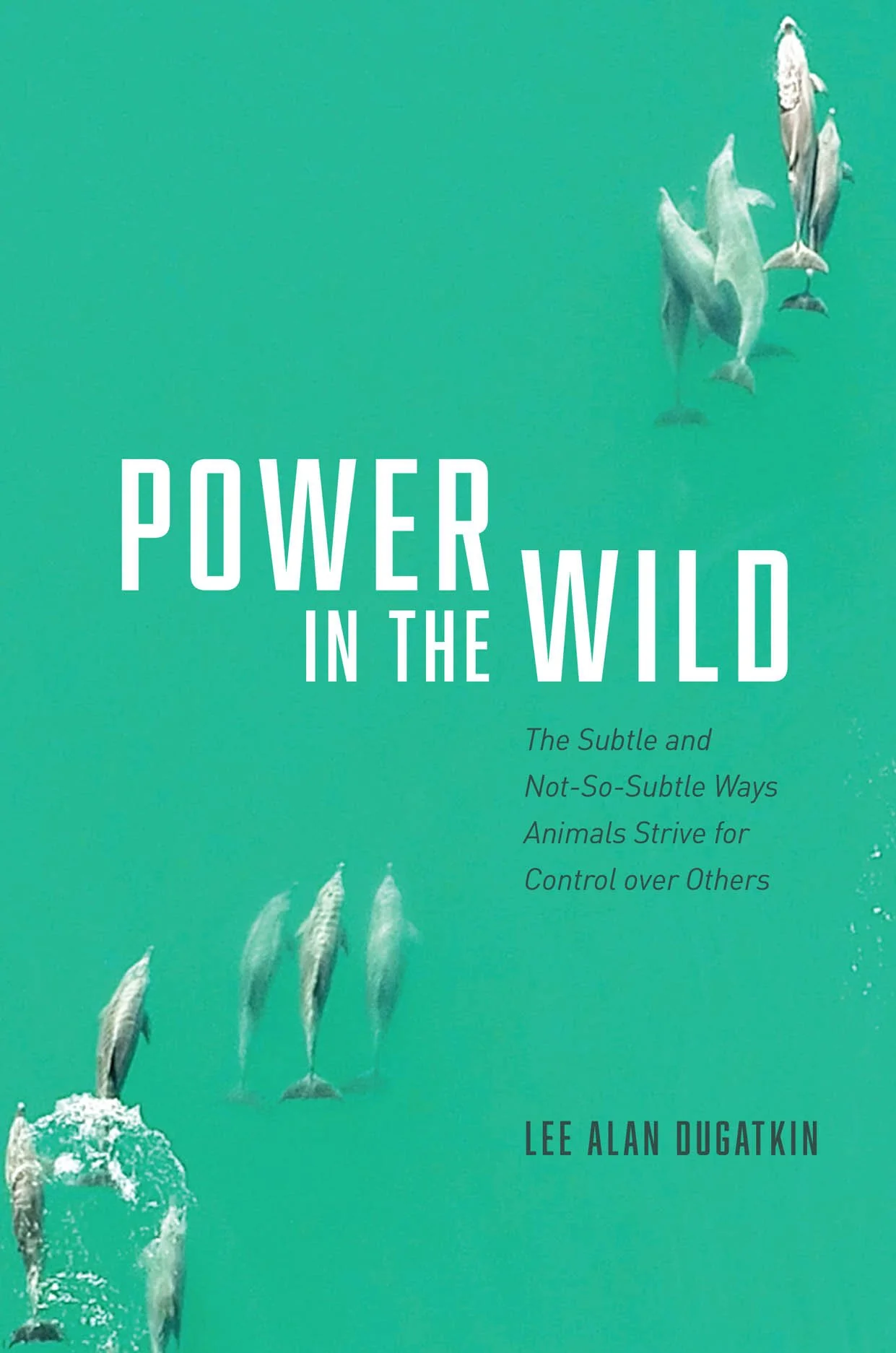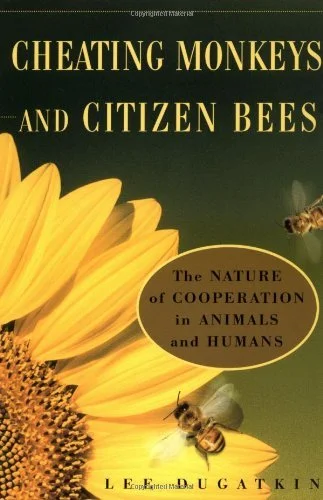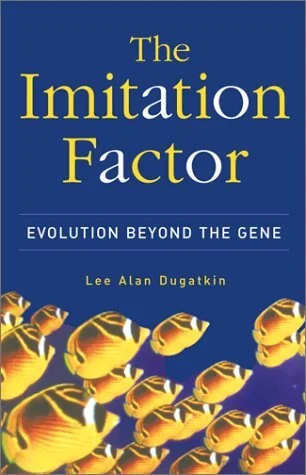Episode 190: Lee Dugatkin
What Animal Behavior Can Tell Us About Humans
Lee Dugatkin is a professor of biology at the University of Louisville and the author of many books, including what Greg calls one of the seminal texts in the area of evolutionary biology, “Principles of Animal Behavior.”
Lee’s other books include “Power in the Wild: The Subtle and Not-So-Subtle Ways Animals Strive for Control over Others," How to Tame a Fox and Build a Dog,” and “Cheating Monkeys and Citizen Bees.”
Lee joins Greg in this episode to cover only a few of his many areas of research, touching on how he approaches his research, the relationship between theoretical and empirical work, how animal behavior stole game theory from economics, and the cost and benefits of pursuing and holding power.
Episode Quotes:
Why animal behaviorists think like game theorists
22:22 - In the early '70s, we basically stole game theory from economics and we imported it and evolutionized it. Because people realized, what the fitness consequences of your action is depends on what others do, right? I mean, if you're aggressive, there's no inherent fitness effect of that. It depends whether or not the individual you're interacting with is aggressive or they're not, right? I mean it's a lot easier if they're not. You get the resource, and there's no threat to you. If they are, then, all of a sudden, the cost-benefit structure changes. And we need to take this into account. And so, animal behaviorists, ever since then, really do think like game theorists, in the sense of strategic behavior.
The cost of being on top
36:29 - If you get into a lot of power struggles and you're on top, it's energetically costly. You're going to be fighting a lot more than others in your group.
A good animal behaviorist understands theories (and knows how to test them)
09:41 - It's all about work that's done in nature, in the wild. But there is as much, if not more, work done in much more controlled laboratory environments, at least for many species. I mean, you know, not for lions and chimps. Well, not for lions and that sort of thing. But there's a lot of work done in the field. There's a lot of work done in the laboratory. A lot of it is driven by theory. A lot of it is driven initially by observation, which is then tied to theory. But they're all very interconnected. You really can't be a good animal behaviorist these days without understanding theory and then how to test it.
Show Links:
Recommended Resources:
Guest Profile:
Faculty Profile at the University of Louisville
Professional Profile at Psychology Today
Professional Profile at The View of Life
Guest Work:













